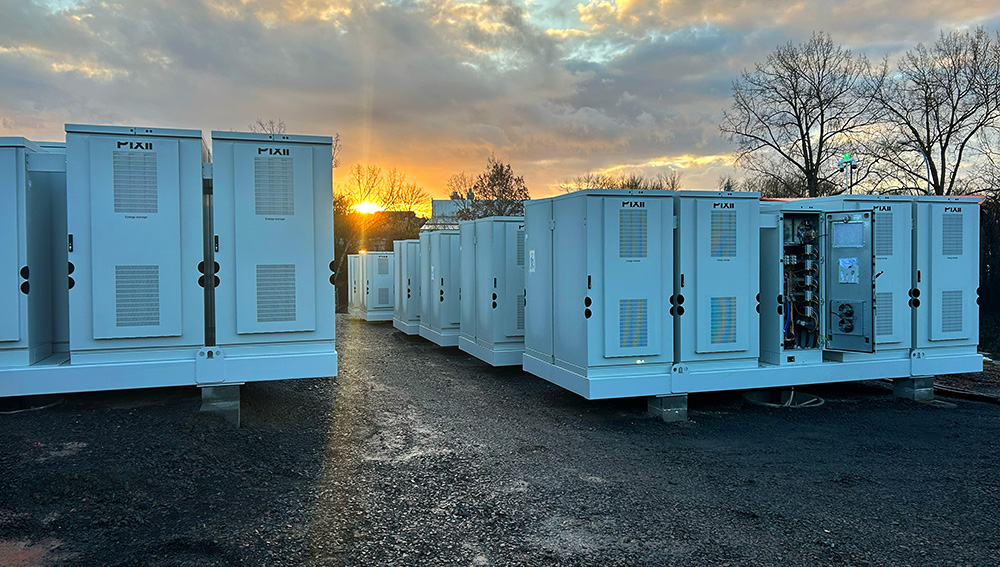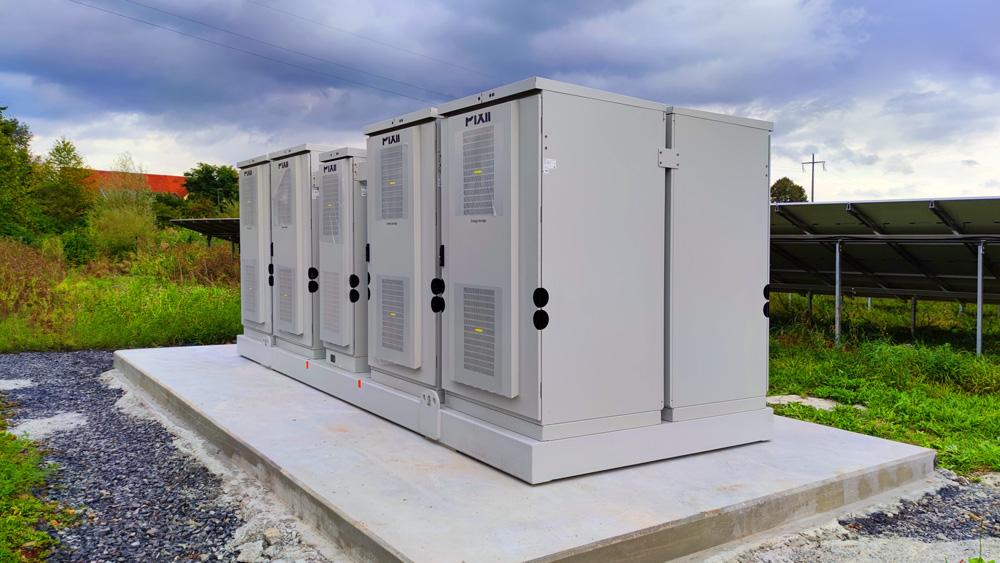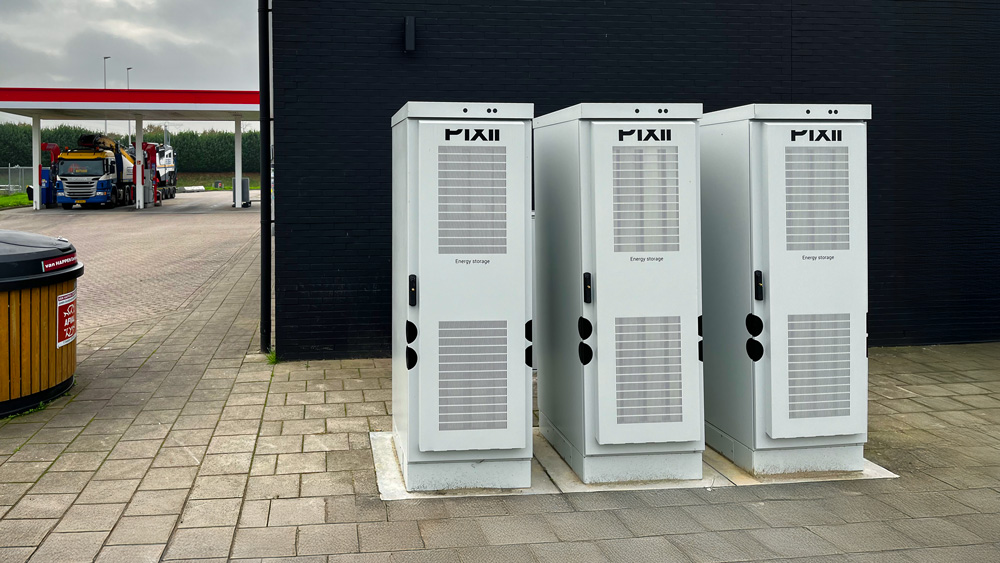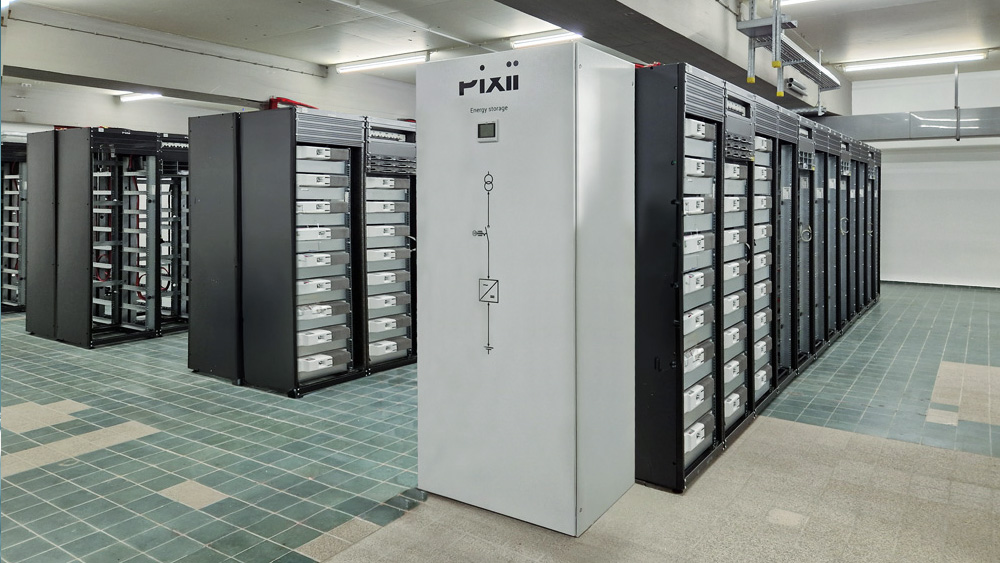How BESS strengthens Europe’s resilience in times of geopolitical turmoil

In late May 2025, a widespread power outage swept across Spain and Portugal, leaving millions without electricity and critical systems offline. This event exposed a troubling reality: even as Europe invests heavily in renewable energy, it lacks the storage infrastructure needed to withstand unexpected grid failures.
As geopolitical tensions grow and cyber threats escalate, Battery Energy Storage Systems (BESS) have become more than just a technology for clean energy. They are now a central pillar of Europe’s energy security.
The lesson from the Iberian Peninsula
The Iberian blackout revealed a vulnerability in solar-heavy energy systems. Despite widespread rooftop solar adoption, most installations were unable to deliver power during the outage. Grid-tied inverters automatically shut down when frequency stability is lost, making solar panels ineffective unless paired with batteries and hybrid inverters capable of islanding mode.
This is not just a technical issue; it’s a policy blind spot. Across Europe, energy strategies have largely focused on generation and transmission. But the blackout proved that storage is equally critical. Without BESS, solar cannot play a role in emergency preparedness.
“The blackout in Spain and Portugal reminded us that without storage, renewables cannot serve as true backup. Battery systems turn intermittent power into reliable energy.”
Why BESS matters?
As Europe transitions to renewable energy, it must ensure that power remains stable, secure, and independent of geopolitical disruptions. Battery Energy Storage Systems (BESS) are a key solution, allowing Europe to store renewable energy efficiently and reduce reliance on imported fossil fuels. With energy security now a top priority, Europe must rely on its own BESS industry, limiting dependence on external suppliers.
Geopolitical uncertainty makes storage urgent
The war in Ukraine, fluctuating gas supplies, and now increasing global protectionism are reshaping Europe’s energy landscape. What was once a conversation about decarbonisation is now a matter of national resilience. Gas prices remain volatile, and electricity prices have followed suit. Europe can no longer assume stable access to energy imports or components for critical infrastructure.
This uncertainty puts BESS at the centre of the solution. Storage systems enable countries to maximise the use of domestic renewable resources, reduce dependence on imported fossil fuels, and enhance grid flexibility. They also offer a buffer against blackouts, especially when cyberattacks or supply disruptions occur.
“ Energy resilience is not just about how much solar you install. Without storage, clean energy stays vulnerable. And without storage built to trusted European standards and protocols, storage itself becomes a new risk.”
The cyber threat dimension
Cybersecurity has become a critical issue in energy infrastructure. As BESS becomes more connected through monitoring platforms and grid integration tools, the risk of digital interference grows. European intelligence services have warned of backdoors in foreign-manufactured systems, especially those from nations with state-controlled industries.
Importing batteries and software from geopolitical rivals raises the risk of data exfiltration, service disruption, or remote manipulation. European-made BESS, by contrast, can be built to meet strict cybersecurity standards and enable sovereign control of critical infrastructure.
European production: the strategic gap
While Europe leads in battery research and has ambitious targets through the European Battery Alliance, it still lags in industrial-scale production of BESS. Currently, much of the hardware and software comes from Asia, particularly China, where state subsidies and industrial policy have helped establish market dominance.
However, reliance on foreign BESS undermines energy autonomy. If trade routes are disrupted, if political relations sour, or if cyber vulnerabilities are exploited, Europe may find itself unable to maintain or expand its storage infrastructure. Building a European BESS manufacturing ecosystem is nesseccary.
What Europe must do next
To strengthen its energy resilience, Europe needs a policy shift:
- Mandate cybersecurity standards: Require all storage systems connected to the grid to meet EU-defined cybersecurity protocols.
- Encourage hybrid systems: Promote the pairing of solar with storage to ensure backup power during outages.
- Educate the market: Ensure that consumers and businesses understand that solar alone is not enough.
Fact box: Why Europe needs BESS now
- 7000+ solar systems in Spain disconnected during the May 2025 blackout due to lack of storage.
- 30% potential CO2 reduction in power and transport through energy storage (Global Battery Alliance).
- 75% of global battery production currently occurs in China.
- €250 billion: Estimated value of the European battery market by 2025 (European Battery Alliance).
In an era of instability, Europe can no longer afford an energy system that fails when the grid does. Storage must be treated as critical infrastructure. From blackout response to cybersecurity, from price stability to strategic autonomy, Battery Energy Storage Systems hold the key. Europe must invest in its own capacity to design, produce, and deploy BESS – before the next crisis strikes. European policymakers need to prioritize energy resilience. This includes supporting the deployment of BESS through favourable regulations, funding research and development, and facilitating public-private partnerships.
By doing so, Europe can enhance its energy security, reduce vulnerability and lead the transition toward a sustainable energy future.
Sources: European Battery Alliance, The Role of Battery Storage in Achieving Energy Independence






